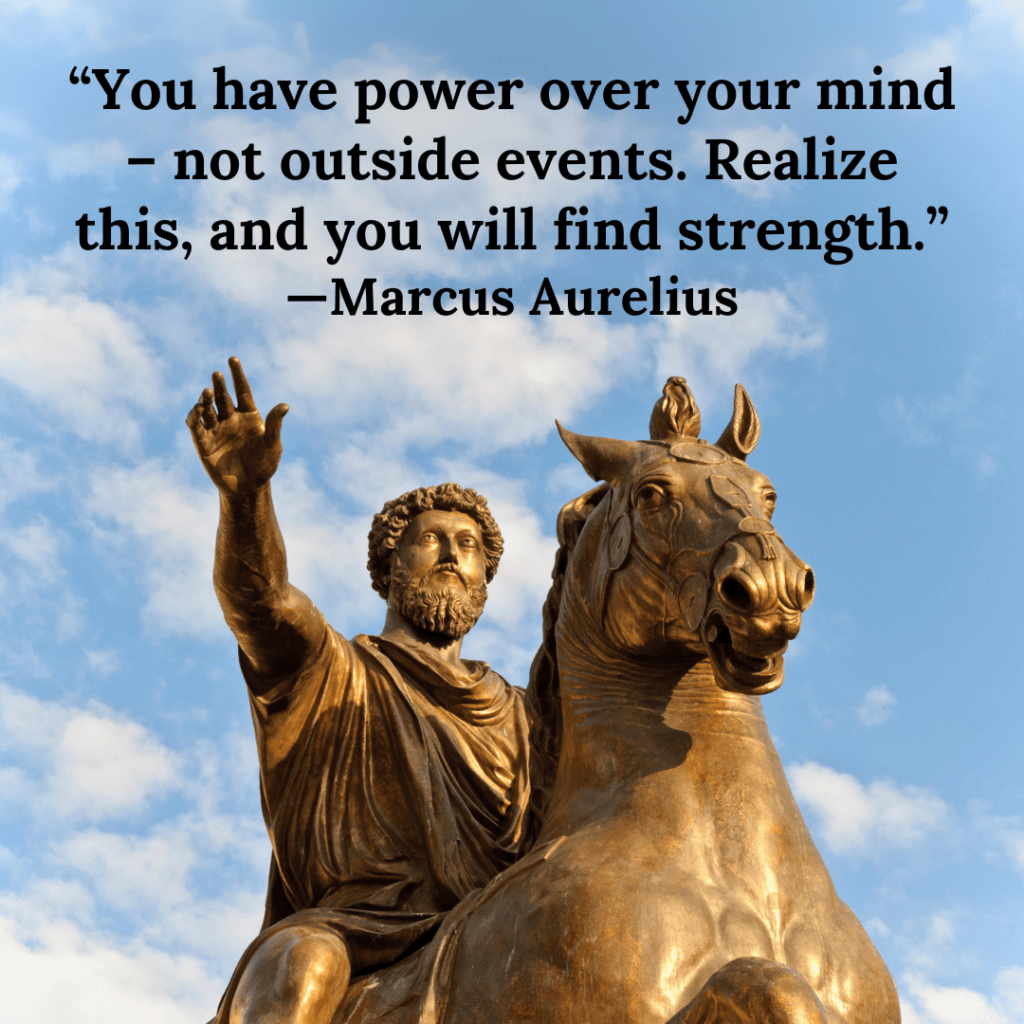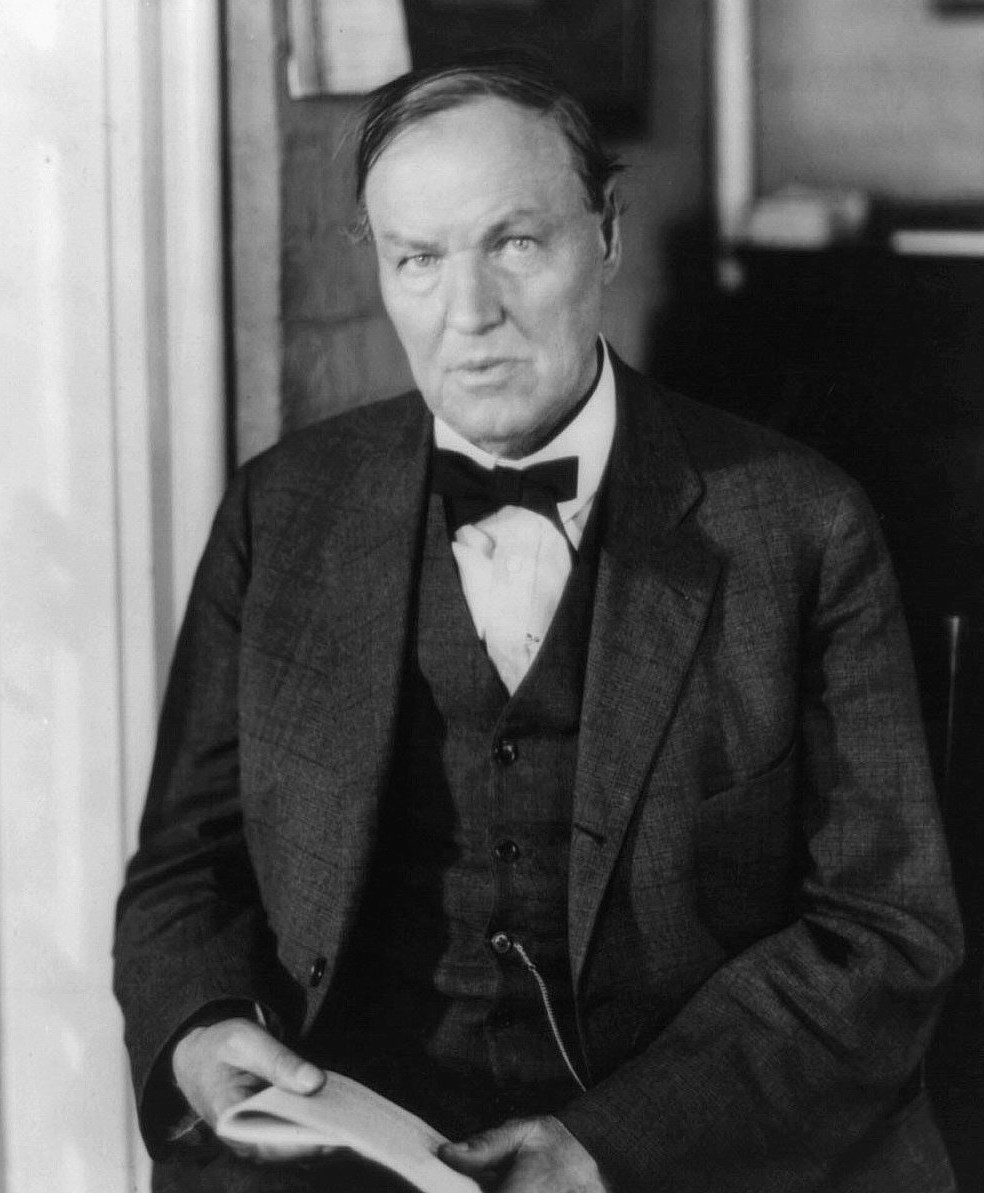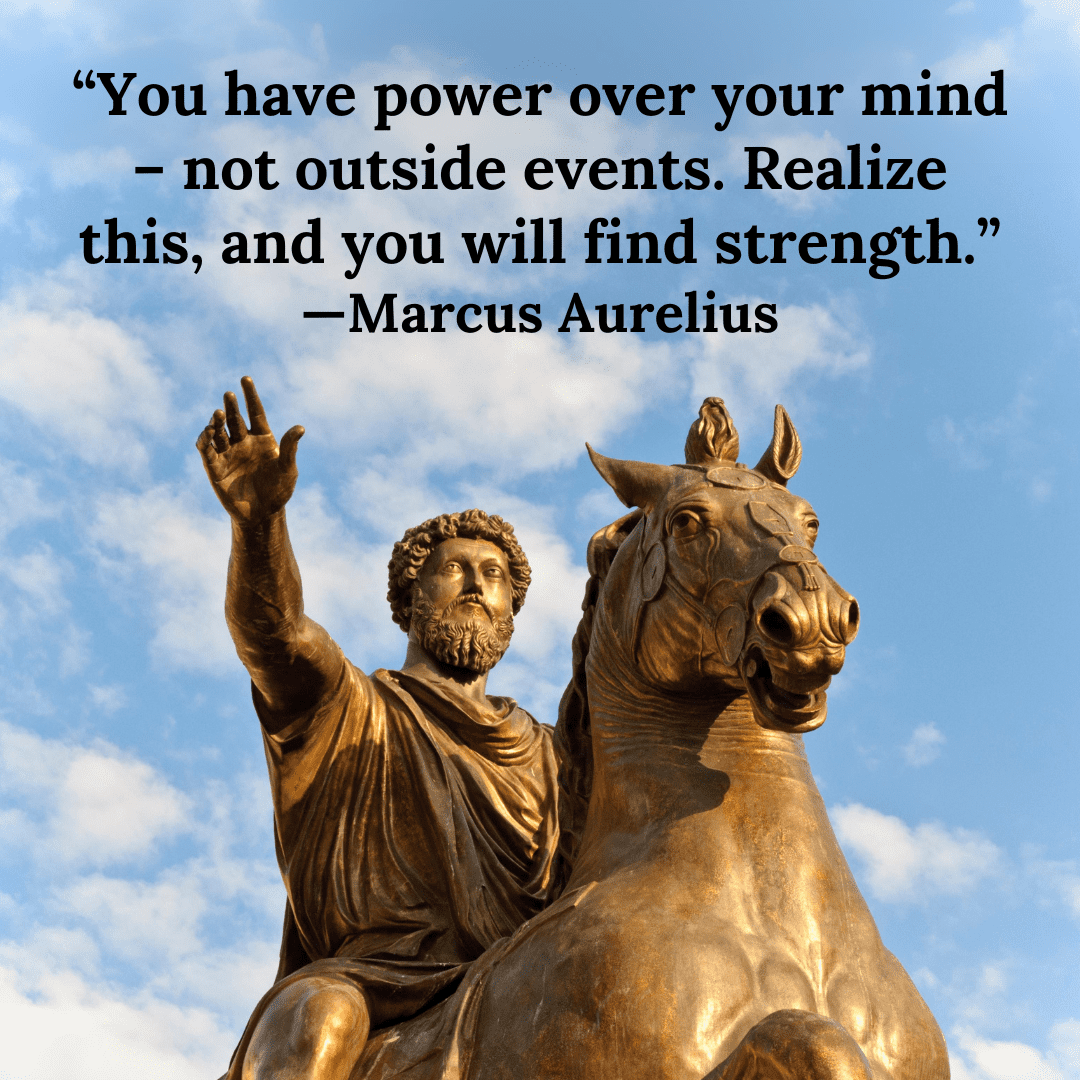
In Monty Python’s Life of Brian, there’s a brilliant moment that underscores how easily miscommunication can lead to false assumptions, even in the most profound of circumstances. During the Sermon on the Mount, those standing at the back of the hill strain to hear Jesus’ words. Instead of, “The meek shall inherit the earth,” they misheard it as, “The Greeks shall inherit the earth.” It’s a clever satire on how meaning can get lost or distorted, or we’re not really paying attention. (Actually, I just discovered that it’s singular–Greek–not plural. I wasn’t paying attention.)
Nevertheless, Greek philosophers left a legacy of wisdom that transcends their time. Take Diogenes of Sinope, for example. Myth has it that he roamed the streets of Athens in broad daylight with a lighted lantern, claiming to search for an honest man. Believing society to be in moral decline, the story reflects the philosopher’s conviction that honesty and virtue had become so rare they required a rigorous search, even in broad daylight.
More than ever, I find myself turning to the wisdom of Greek philosophers as a guide for living with greater clarity, courage, and character—a good remedy for brain rot.
“A man’s character is his fate.” —Heraclitus
“Difficulty prepares an ordinary person for an extraordinary destiny. How long are you going to wait before you demand the best for yourself?”—Epictetus
“We suffer more in imagination than in reality.”—Seneca
“Courage is the first of human qualities because it is the quality which guarantees the others.”—Aristotle
“The wise are instructed by reason, average minds by experience, the stupid by necessity, and the brute by instinct.”—Cicero
“No man is free who cannot control himself.”—Pythagoras
“What you get by achieving your goals is not as important as what you become by achieving your goals.”—attributed to Socrates
“Waste no more time arguing about what a good man should be. Be one.”―Marcus Aurelius
“Self-control is the chief element in self-respect, and self-respect is the chief element in courage.”—Thucydides
“Life is pain, princess, anyone who tells you differently is trying to sell you something.”—The Dread Pirate Roberts (Not a Greek philosopher.)
“False words are not only evil in themselves, but they infect the soul with evil.”—Socrates
“Don’t explain your philosophy. Embody it.”—Epictetus
“If it is not right, do not do it; if it is not true, do not say it.”—Marcus Aurelius
“The measure of a man is what he does with power.”—Plato
“Kindness gives birth to kindness.”—Sophocles, Greek playwright
“Change your thoughts and you change your world.”—Norman Vincent Peale (Not a Greek philosopher, but could’ve been.)
“The only way to avoid criticism is to do nothing, say nothing, and be nothing.”—Diogenes of Sinope
“The greatest way to live with honor, is to be what we pretend to be.”—Socrates
The Oracle of Delphi once declared that Socrates was the wisest man in Athens. Confused, Socrates set out to prove it wrong by questioning the city’s most knowledgeable figures. He found that, although they claimed to know much, they often lacked true understanding. Socrates realized that his wisdom came from acknowledging his own ignorance, making him wiser than those who believed they knew everything.
Lesson: True wisdom starts with recognizing one’s own ignorance. Humility and a willingness to learn are the keys to true understanding.
I could use more of both.
For daily dose of wisdom, visit the Daily Stoic.
Comments
Leave a Comment












Lots of great quotes. My favorite:
“We suffer more in imagination than in reality.”—Seneca